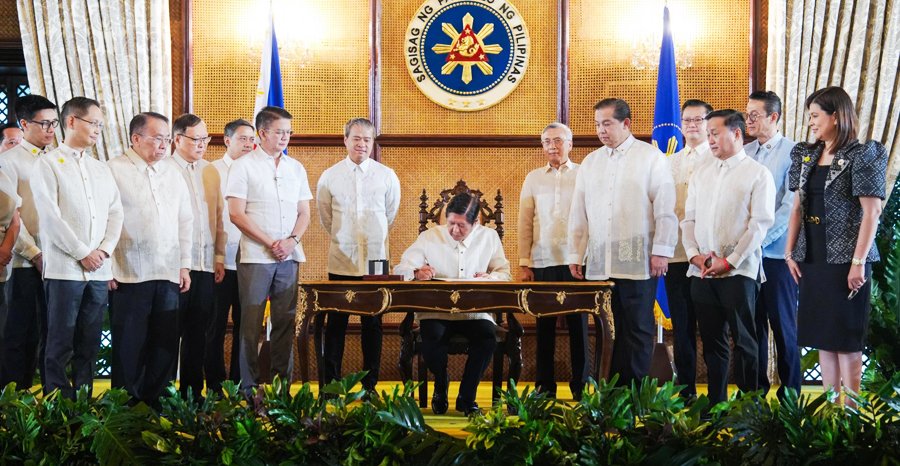• GILBERT P. BAYORAN
Technical Education and Skills Development Authority (TESDA) Director General Jose Francisco Benitez has lauded President Ferdinand Marcos Jr.’s signing of the Enterprise-Based Education and Training (EBET) Framework Act into law on Thursday (Nov. 7).
“This is a game-changer for the tech-voc sector. It will boost private sector participation in skills training through bigger incentives for businesses,” Benitez, former congressman of Negros Occidental Third District, said in a statement.
The President’s move reaffirmed his commitment to address the skills gap in the country’s labor force and create a more adaptable, and future-ready workforce in an increasingly fast-changing world.

“In signing the EBET Framework Act into law, we lay a stronger foundation for a workforce that is agile, skilled, and ready to meet the demands of a rapidly evolving world,” Marcos said.
“By establishing a framework on career advancement and industry-relevant skills, this law directly addresses the issues on the lack of formal training and skill mismatches, ensuring that every Filipino can contribute and benefit from our nation’s growth,” he added.
The EBET Framework Act is designed to provide Filipino workers with accessible and relevant skills training to support their professional development.
EBET will also strengthen partnerships with the private sector to align training programs with real-world industry needs, the Chief Executive said.
The General EBET Programs will focus on fundamental and mid-level skills, offering participants practical training that prepares them for immediate employment opportunities within six months.
“With it, we will help close the job-skills gap and create a clear ‘training-to-trabaho’ path for better employment opportunities,” Benitez said.
He also asked Congress to fund EBET fully to support at least 105,000 scholars for 2025.
For those seeking further advancement, the EBET’s Apprenticeship Programs offer specialized training to build higher-level competencies.
“Our collaboration with technical-vocational institutions, agencies will ensure that these standards remain relevant and consistently updated, preparing trainees for future roles in sectors experiencing rapid technological advancement,” the President said. | GB




